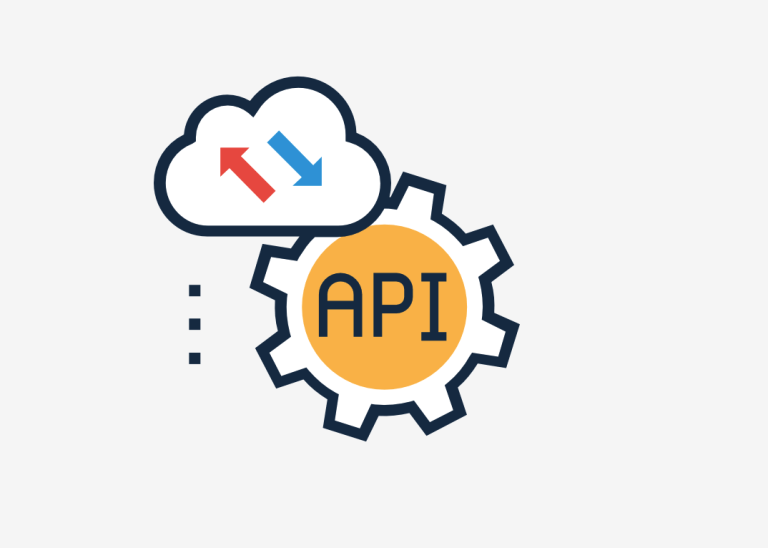Introduction
As technology continues its march into every sector of our society, discussion covering issues concerning cybersecurity and AI become increasingly common. This is no different with regard to recruitment where the debate on finding the balance between security, and unlocking the offered opportunities, is absolutely front of mind. This blog post will delve into whether deploying AI for recruitment is safe.
The outset of the 21st century has witnessed the dramatic proliferation of AI across numerous industries. In the realm of human resources, AI-fueled recruitment platforms have revolutionised traditional hiring processes. Pre-employment screening is fast becoming the norm to add to existing resume screening, candidate sourcing, and interview scheduling – all can be done within a snap, leaving no room for human error.
But could there be a hidden cost to all these advantages? Let’s take a closer look at the security concerns related to the integration of AI in recruitment.
AI – A Double-Edged Sword
Since AI operates on gathering vast volumes of data, ranging from resumes, and social media data to candidate performance metrics, it poses questions about the security of candidate data. As with any technology amassing large quantities of data, there’s always the potential risk of cybersecurity threats such as hacking or identity theft.
Nations around the globe, including Australia, have enacted strict data protection regulations. Violations of these laws, either through data breaches or leaks, can attract fines, sanctions, and irreparable damage to a business’s reputation. The entirety of these issues has raised considerable questions about the security of using AI in recruitment.
Securing AI – A Matter of Paramount Importance
AI, despite its vulnerabilities, has a pivotal role to play in modern corporate environments, and outright rejection is not a viable option. Hence, securing AI becomes an absolute necessity.
AI security revolves around applying the same end-to-end encryption used in securing Human-to-Human information transfer. It should consist of hardware security, secure software development, data encryption, regular checks for vulnerabilities, and effective incident response plans. Intricate technologies such as Blockchain can also offer immutable data registries, improving overall security.
While the security measures may differ based on the AI technology used, it is crucial to continuously update these safeguards to keep pace with the fast-evolving cyberspace threat landscape.
Working Towards Consensus
As businesses strive to grapple with the security implications of AI, a consensus is forming that a hybrid approach is optimal. A combination of AI’s ability to crunch vast amounts of data quickly and human recruiters’ intuition and discretion provide a balance between efficiency and risk management.
Fundamentally, ensuring AI security is a shared responsibility between the AI application providers and the recruiting businesses. AI providers must remain obligated to provide secure software, while businesses must proceed with caution, verify their providers’ security credentials, and keep updating their security checks according to changing cyber threats.
The Way Forward
To conclude, the question is not whether AI is safe for recruitment. Instead, it’s about taking adequate measures to integrate AI responsibly into recruitment processes. Yes, AI comes with considerable risks, but with meticulous risk assessment, advanced security protocols, and careful oversight, they can be managed effectively.
Treading on this path, we can unlock AI’s full potential, paving the way for a more refined, efficient, and secure recruitment process. The marriage of Cybersecurity and AI marks a critical milestone on this journey, embodying a new frontier in safe recruitment.



